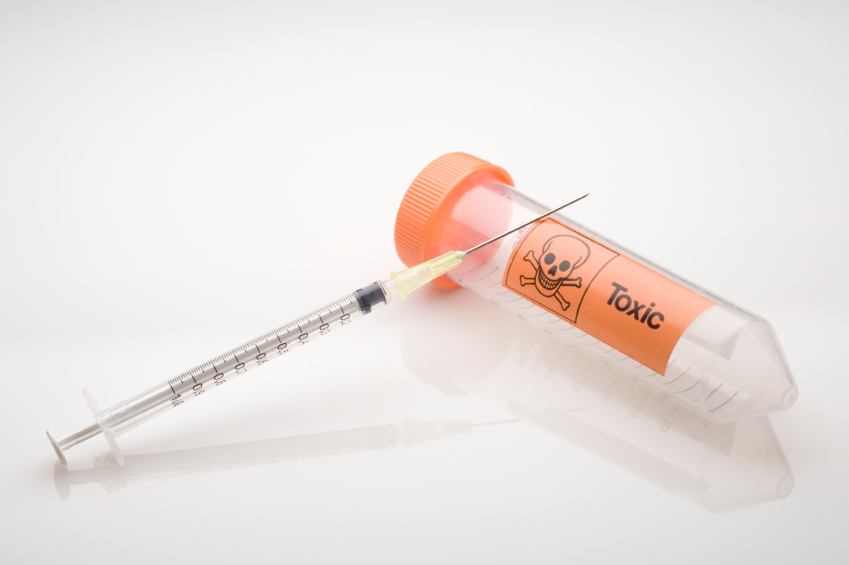On 28th May 2008, Belgium decriminalised euthanasia. Seven years later, Pr Raphaël Cohen- Almagor, from the University of Hull, UK, evaluates the application of the law in a study called “Politique et pratique de l’euthanasie en Belgique : observations critiques et suggestions d’amélioration”1. To the contrary of the last report (2006-2007) of the federal commission for control and evaluation of euthanasia of the Parliament, Pr Cohen- Almagor talks about a practice of euthanasia “often involuntary” and “often illegal”.
Free from any constraints?
The Belgian law consists in a legal protection of the physician who performs euthanasia, “act performed by a third who unintentionally terminates the life of a person at her/his request“, provided that she/he is an adult or emancipated minor, and she/he formulates her/his demand “in a voluntary, thought and repeated way”, and “free from any constraints“.
The demand must be done by the patient and in writing. In reality, physicians often do without the written authorisation. Numbers of demands are made by the families and the patient often seems to want to discharge its relatives from the load it represents for them.
Moreover, the study of the University of Hull cites a prospective2 analysis revealing that 54% of the physicians consider it their duty to suggest euthanasia in certain cases. However by the confidence relationship established between the patient and her/his physician, Pr Cohen- Almagor notes that “the physician’s attitudes regarding euthanasia are clearly related to end-of-life decisions“, adding that the proposal of euthanasia may “ruin the will to live and to explore alternative ways which would still be opened“.
Hidden euthanasia?
Besides the registration of legal euthanasias, the terminal sedations (50% of dead people in hospital) which are not subject to any law, seem often to be disguised euthanasias, particularly serious given that they do not require the patient’s consent. The Commission recognises: “the common end-of-life medical practices (…) create some ambiguities which can explain possible differences between the number of declared euthanasias and the number of end-of-life medical acts liable to accelerate death (…)»
A rigorous respect of the law?
The law indicates that euthanasia is possible in “an inextricable medical situation and a state of constant and unbearable physical and mental pain which cannot be alleviated“, which does not mean that the patient is in terminal phase. The physician must resort to the opinion of a second physician however those do not always examine the patient before giving their opinion, and even resolve the question on the telephone3. Moreover the physicians tend to call on colleagues who share their point of view and to develop convenient bilateral agreements, in order to mutually help each other.
Pr Cohen-Almagor then recommends that from now on the Commission accesses the identity of the physician to truly judge the rightfulness and the legality of the act.
Concerning the possibility to proceed to euthanasia from an anticipated demand (written by the patient within the last 5 years) in case of irreversible unconsciousness, it would give way to premature actions. Indeed a few physicians would be capable of differentiating between extended unconsciousness and permanent unconsciousness.
Palliative care discriminated by euthanasia?
The law on euthanasia has been adopted at the same time as a law related to palliative care. Yet some physicians regret that the specialists of palliative care are not more consulted on end-of-life decisions and that a few number of physicians are trained for it.
Euthanasia of minors in debate …
The real difference between the law and the medical practice concerns particularly the euthanasia of minors, prohibited by the law: within two years, 76 end-of-life minors were subject to euthanasia decision. The extension of the law to children is currently debated.
1- “Euthanasia Policy and Practice in Belgium : Critical Observations and Suggestions for Improvement » In Issuees in Law and Medicine (vol. 24, n°3, 2009, p.187-218)
2- Paul van de Maas & Linda L.Emanuel, Factual Findings, in Regulating how we die 168 (L.L. Emanuel, ed., 1998)
3- Interview avec le Pr Guido Van Steendam, Brussels, (Feb. 5, 2003)

